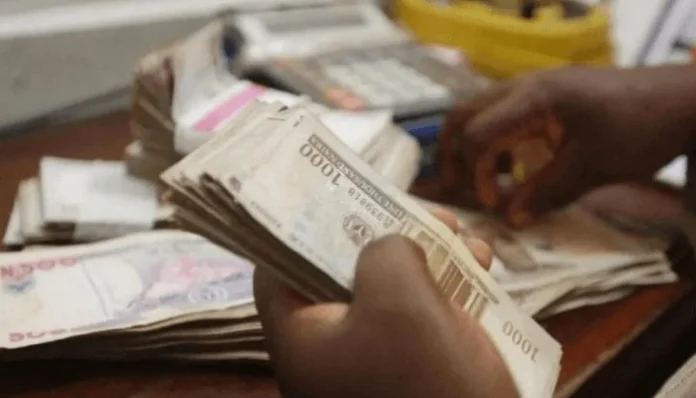Yields on new Nigerian Treasury bills fell sharply to 21% in the secondary market as investors scrambled to buy after failing to secure them at auction. The increased demand followed Wednesday’s Treasury bills auction, which saw strong interest, especially in long-term bills.
At the auction, the rate for 1-year bills dropped significantly by 0.82%, closing at 21.80%. Meanwhile, the rates for the 91-day and 182-day bills remained steady at 18.00% and 18.50%.
Investors whose bids were unsuccessful at the auction—amounting to around ₦2 trillion—turned to the secondary market to invest their funds. As a result, there was high demand for newly issued bills maturing in January 2026, leading to a drop in their yields by about 1%. Other bills maturing in December 2025 and January 2026 also saw strong demand.
According to Cordros Capital Limited, the average yield on Treasury bills fell across all segments:
- Short-term bills: down by 0.33%
- Medium-term bills: down by 0.02%
- Long-term bills: down by 0.02%
In the Open Market Operations (OMO) segment, where the Central Bank sells bills to control liquidity, average yields also dropped by 0.22% to 28.2%. Overall, the average yield for Treasury bills fell by 0.09% to 25%.














